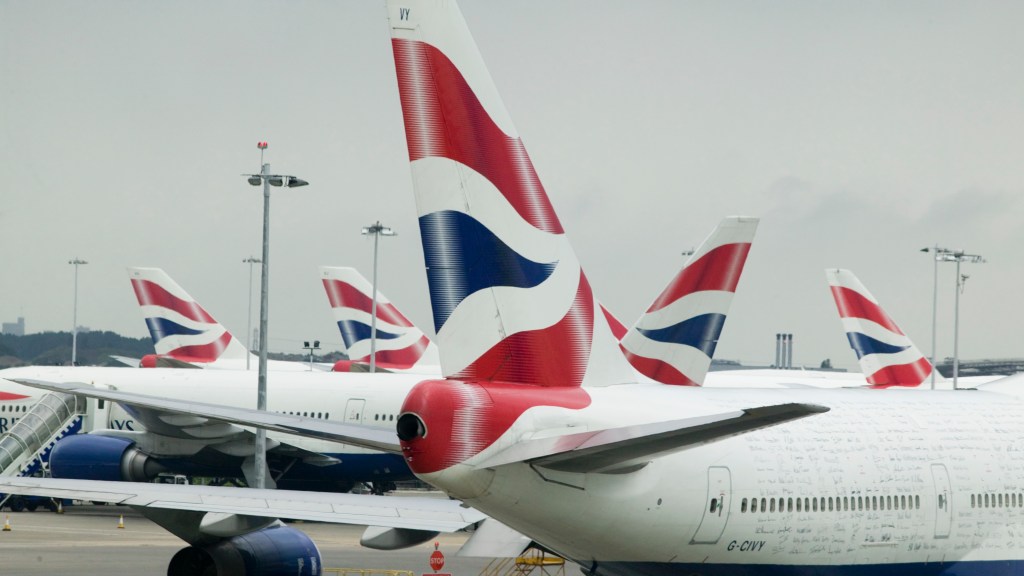Airline Ticket Costs Expected to Decline Amid Decrease in Jet Fuel Prices
The price of airline tickets is anticipated to decrease as jet fuel costs fall, as stated by the leader of a major airline industry organization.
The price of kerosene has been decreasing in line with a drop in crude oil prices. Willie Walsh, the director-general of the International Air Transport Association (IATA), informed Bloomberg, “It’s generally our largest expense, so this would help mitigate any diminishing demand if we were to see a slowdown. Additionally, it tends to influence ticket pricing directly. There is a strong correlation between oil prices and airline ticket costs.”
Walsh also mentioned that lower ticket prices usually boost demand but can also lead to a decline in total industry revenue.
Global aviation leaders are convening in Delhi to assess the industry’s current status. Walsh is expected to present his formal forecast regarding profitability and revenue for the year on Monday.
Airlines have adopted a more cautious stance regarding demand forecasts due to global economic disruptions caused by recent tariffs, which have also contributed to lower oil prices, granting a competitive edge to airlines.
Brent crude futures are currently hovering around $64 per barrel. In April, oil prices dropped dramatically to a four-year low, briefly dipping below $60 per barrel, following OPEC and its allies’ announcement to increase output significantly.
On Saturday, OPEC+ announced a substantial rise in oil output for July. Eight member countries, including Saudi Arabia and Russia, stated they would collectively boost production by 411,000 barrels per day in July.
This accelerated return of previously halted production for the third consecutive month could result in an additional 1.4 million barrels per day entering the global market between April and the end of July.
Since 2022, OPEC+ has been restricting supply to stabilize prices. This swift adjustment is largely attributed to Abdulaziz bin Salman, the Saudi energy minister, who believes the burden of reduced output was not being equally distributed.
Nonetheless, the International Monetary Fund estimates that Saudi Arabia requires oil prices to exceed $90 per barrel to fulfill the extravagant spending plans of Crown Prince Mohammed bin Salman.




Post Comment